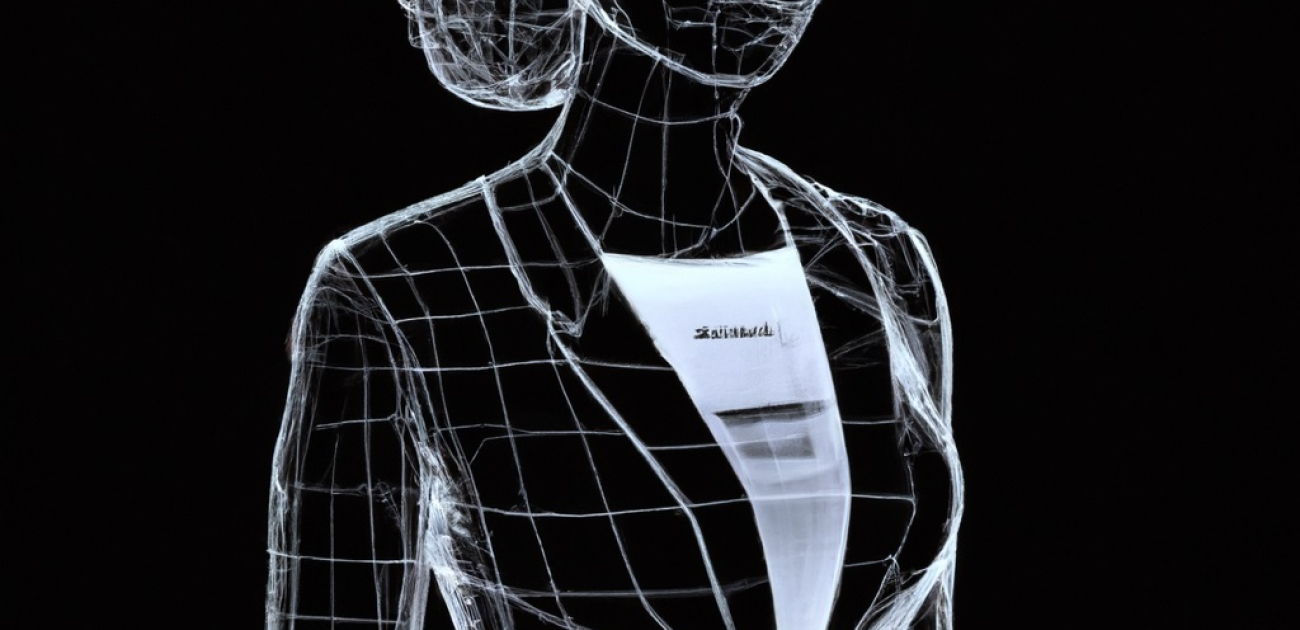Will Artificial Intelligence Have an Impact on the Legal Profession?
Artificial Intelligence (AI) is one of the most debated subjects today. While some are questioning the danger of the evolution of AI, imagining a machine revolution in the style of a science fiction movie, others are starting to count the years they still have to work ahead to calculate whether they still have time to retire before they lose their job to AI.
Neither do I believe that there will be an armed revolution with robots, nor do I believe that all professions will be drastically affected by AI. But surely some will be more affected than others. What about Law firms? Will it be truly affected by this (re)evolution?
It seems to me that in part yes. More and more we will have Law firms ready to reduce expenses and increase their efficiency, presenting more work and at speeds incompatible with human work thanks to artificial intelligence products. Just imagine a process with hundreds or thousands of pages and documents to analyze, case law to research and doctrine to read... Instead of having several employees working on the same subject and who, unfortunately for the boss, have to stop to eat and rest , it will become more profitable to make use of an AI program that non-stop will get results much faster. And probably better than those obtained by human means.
However, this type of technology will not completely eliminate the figure of a Law professional, since there will always have to be some human intervention, especially in reviewing the final work. Also because the results obtained are not far from error, and could enter the field of plagiarism or use of intellectual property of third parties. And in that scenario, who should be responsible? Law firm? AI developer? The user?
In any case, AI will be able to quickly deal with draft contracts, analysis of the law, suggestions of arguments or passages from books relevant to the case under analysis, eliminating part of the time and work spent by professionals.
But nothing like asking the AI itself, using ChatGPT. Here is the answer to the question “Will AI have an impact on the Legal profession?” Here's the answer in a few seconds.
"Yes, artificial intelligence (AI) is already having a significant impact on the legal profession and is expected to continue shaping its future. Here are some ways AI is impacting the legal profession:
1. Document analysis and review: AI-powered software can quickly review and analyze large volumes of legal documents, contracts, and case law, saving time and effort for lawyers. This technology can extract relevant information, identify patterns, and provide insights, improving efficiency and accuracy in legal research and due diligence.
2. Predictive analytics: AI algorithms can analyze past case outcomes and provide predictions or insights on potential case outcomes, helping lawyers make informed decisions about litigation strategies, settlement negotiations, and risk assessment. This technology assists lawyers in assessing the strengths and weaknesses of a case based on historical data.
3. Legal research and information retrieval: AI-powered tools can perform comprehensive legal research by scanning vast databases of legal documents and case law. These tools can quickly retrieve relevant information, summarize cases, and provide relevant citations, aiding lawyers in their legal analysis and preparation.
4. Contract management and review: AI can automate the review and management of contracts, identifying clauses, terms, and potential risks. It can also compare new contracts against existing templates or standard provisions, flagging inconsistencies or potential issues, thereby streamlining the contract review process.
5. E-discovery: In litigation, AI can assist in e-discovery by analyzing and organizing large volumes of electronically stored information (ESI), such as emails and documents, to identify relevant evidence. AI-powered algorithms can prioritize and categorize documents based on relevance, potentially reducing the time and cost associated with manual review.
6. Legal chatbots and virtual assistants: AI-powered chatbots and virtual assistants can provide basic legal information, answer common legal queries, guide users through legal processes, and help with legal form completion. These tools enhance access to legal information and services, particularly for individuals or small businesses with limited resources.
While AI offers numerous benefits to the legal profession, it is important to note that it is not a substitute for human lawyers. Legal judgment, interpretation, and ethical considerations still require human expertise. AI should be seen as a powerful tool that can augment and support legal professionals in their work, improving efficiency and providing valuable insights."
Do you want more information?
 Filipe Consciência
Filipe ConsciênciaJurist since 2018 at Caria Mendes Law Office, book writer, marathon runner and gastronomic critic and judge.

